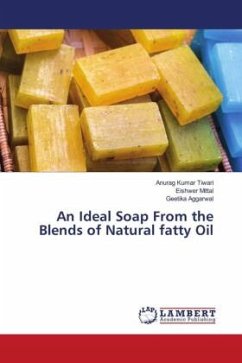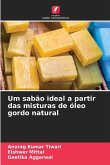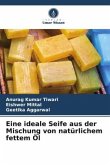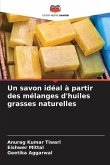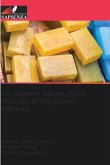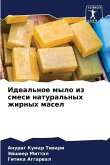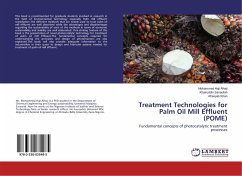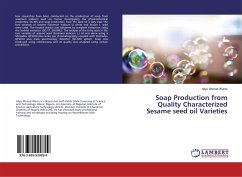Soaps from different blends of palm kernel, palm fatty and coconut oil were prepared. The properties of oils were studied by iodine value, acid value, saponification value, and gas chromatography. The Iodine value test determines the amount of unsaturated fats in the soap, acid value indicates the milligrams of potassium hydroxide required to neutralize the free fatty acid present in one gram of oil sample, saponification value determines the amount of KOH in milligrams which is needed for the neutralization of free fatty acids obtained on complete hydrolysis of an oil sample, and gas chromatography is used to determine the amount of different carbon chains present in the given sample. The soap was prepared both with and without the use of any artificial color or fragrance. The properties of soap were studied based on the percentage of different carbon chains present in the soap, and it was concluded that the blend number 7, which contains 70% palm fatty, 20% coconut oil, and 10%palm kernel, is the best among all the blends when no color, fragrance and fillers were used.
Bitte wählen Sie Ihr Anliegen aus.
Rechnungen
Retourenschein anfordern
Bestellstatus
Storno

